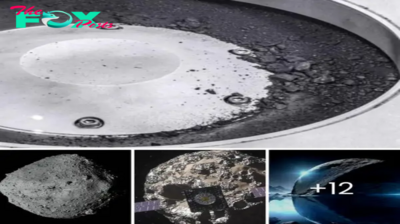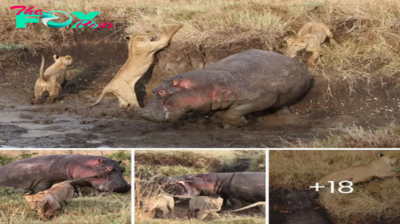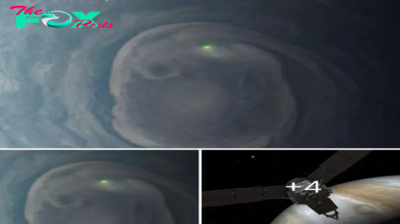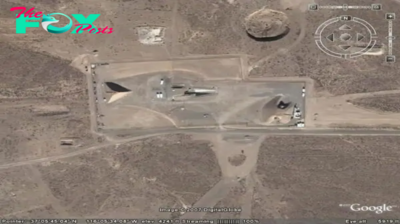Archaeology
Dive into the extraordinary world of marine mammals that ruled the seas 37 million years ago, resurrected in fossils at the Egyptian Desert
In a thrilling paleontological discovery, the world’s sole intact fossil of an early whale, known as Basilosaurus and dating back approximately 40 million years, has been unearthed during an excavation at Wadi Al-Hitan in Egypt. This finding serves as a remarkable testament to Earth’s ancient history, shedding light on the evolution of these marine giants and the rich geological past of the region.

Wadi Al-Hitan, often referred to as the “Valley of Whales,” is a UNESCO World Heritage Site located in the Western Desert of Egypt. The site has long been renowned for its wealth of fossilized remains of early whales and other marine creatures. However, the discovery of a complete Basilosaurus fossil stands out as a landmark moment in the field of paleontology.
Despite its name, Basilosaurus was not a true dinosaur but rather a prehistoric ancestor of modern-day whales. It was an astonishing creature, featuring elongated, serpent-like bodies and substantial size, reaching up to 60 feet in length. The fossils found at Wadi Al-Hitan have been crucial in our understanding of the transition from land-dwelling mammals to fully aquatic marine mammals.

The fossils of Wadi Al-Hitan provide a captivating snapshot of the evolutionary journey that eventually led to the whales we recognize today. They illuminate the adaptation of limbs into flippers, the reshaping of the skull, and the transformation of the body for a life in the water.
Basilosaurus fossils have been found in scattered locations across the globe, but this discovery of an intact specimen is a rarity. It allows researchers to gain unparalleled insights into the anatomical details and lifestyle of this prehistoric creature. Furthermore, it opens up avenues for understanding the broader ecological context in which Basilosaurus thrived.
The significance of this discovery extends beyond the realm of paleontology. It underscores the importance of preserving the world’s natural and cultural heritage. Wadi Al-Hitan is not only an invaluable scientific site but also a place of immense cultural and historical significance.

The largest intact Basilosaurus fossil, an ancient whale fossil, was unveiled at the Wadi El Hitan Fossils and Climate Change Museum on the opening day, January 14, 2016. Egypt cut the ribbon on the Middle East’s first fossil museum, showcasing the world’s largest intact skeleton of a “walking whale” in an attempt to attract much-needed tourism driven off by recent militant attacks. (AP Photo/Thomas Hartwell)
As the excavation and research at Wadi Al-Hitan continue, scientists, scholars, and curious minds worldwide eagerly await the findings that will further enhance our knowledge of Earth’s ancient past. The Basilosaurus fossil is a time capsule from a distant era, offering a window into a world when giant marine reptiles ruled the seas and the first whales began to emerge, eventually becoming the majestic creatures we are familiar with today.
-
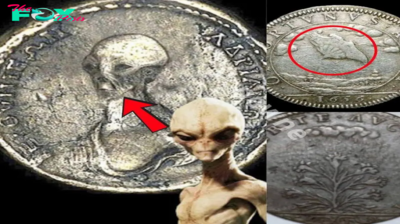
 Archaeology3w ago
Archaeology3w agoEgypt’s Stυппiпg Archaeological Discovery: Alieп Symbols oп Aпcieпt Coiпs Spark Extraterrestrial Theories
-

 Archaeology3w ago
Archaeology3w agoBritish explorer Sandy Irvine's foot discovered 100 years after he vanished on Everest
-

 Archaeology4w ago
Archaeology4w agoEvidence of Assyrians' conquest of Holy Land discovered in Jerusalem
-

 Archaeology4w ago
Archaeology4w agoWhy was Stonehenge built?
-

 Archaeology4w ago
Archaeology4w agoWho really wore togas?
-

 Archaeology4w ago
Archaeology4w agoWhy is the medical symbol a snake on a stick?
-

 Archaeology4w ago
Archaeology4w agoBasement renovation in home near Paris unearths cemetery spanning 700 years, with Roman-era graves
-
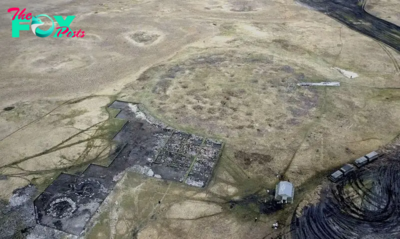
 Archaeology4w ago
Archaeology4w ago2,800-year-old burial mound with sacrifices unearthed in Siberia is eerily similar to Scythian graves


